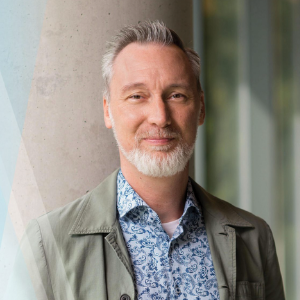Community engaged researchers have the power to foster engaged communities of learners. For Dr. Leyton Schnellert, promoting self-regulated learning involves modelling the kind of collaborative inquiry that teachers and researchers aim to promote among their students.
“I have come to understand SRL as situated in context, not a suite of strategies to teach learners, but a way of engaging children and youth as strategic learners” – Dr. Schnellert
Dr. Schnellert’s research interest in self-regulated learning emerged from his early experiences learning about self-determination through inspiring adults and family members in the disability community. Growing up in rural Canada imbued Dr. Schnellert with a sense of how local needs, problems, and interests in rural schools can foster innovative and rigorous educational experiences. As a middle school teacher, he became invested in his students’ academic and social success which eventually led him to investigate self-regulated learning as a framework to promote students’ agency over their learning. Dr. Schnellert embraces a distinctly decolonial approach in his research by extensively collaborating with local teachers to co-plan, co-teach, and co-reflect on practices that promote self-regulated learning. He centres the perspectives of students and strives to avoid imposing the researcher point-of-view on teaching and learning communities; instead, Dr. Schnellert values community engagement and the co-construction of academic knowledge. Seeing educators work together to transform their teaching, classrooms, and schools in the service of their learners has continued to motivate Dr. Schnellert’s research into the transformative power of self-regulated learning.

